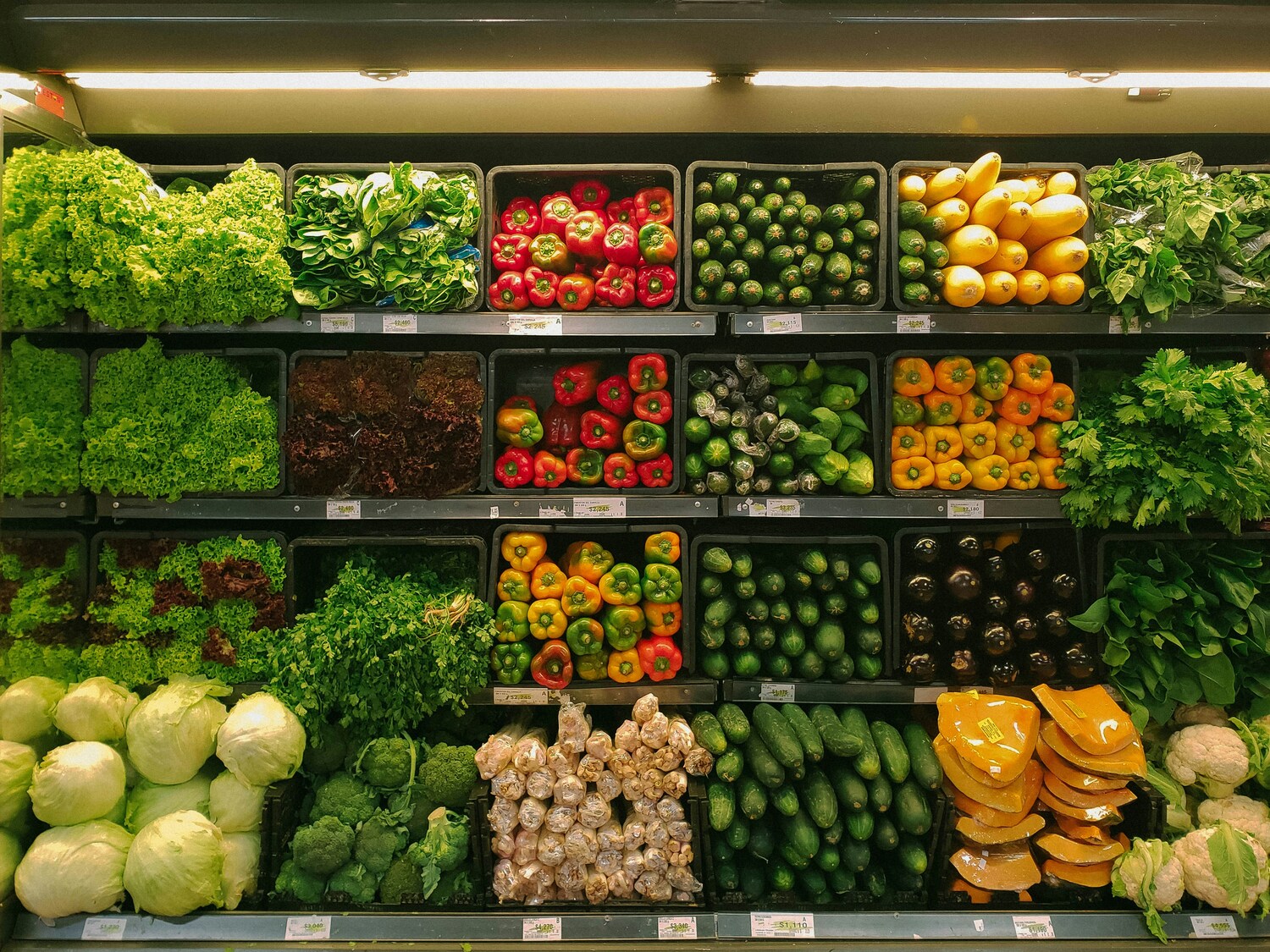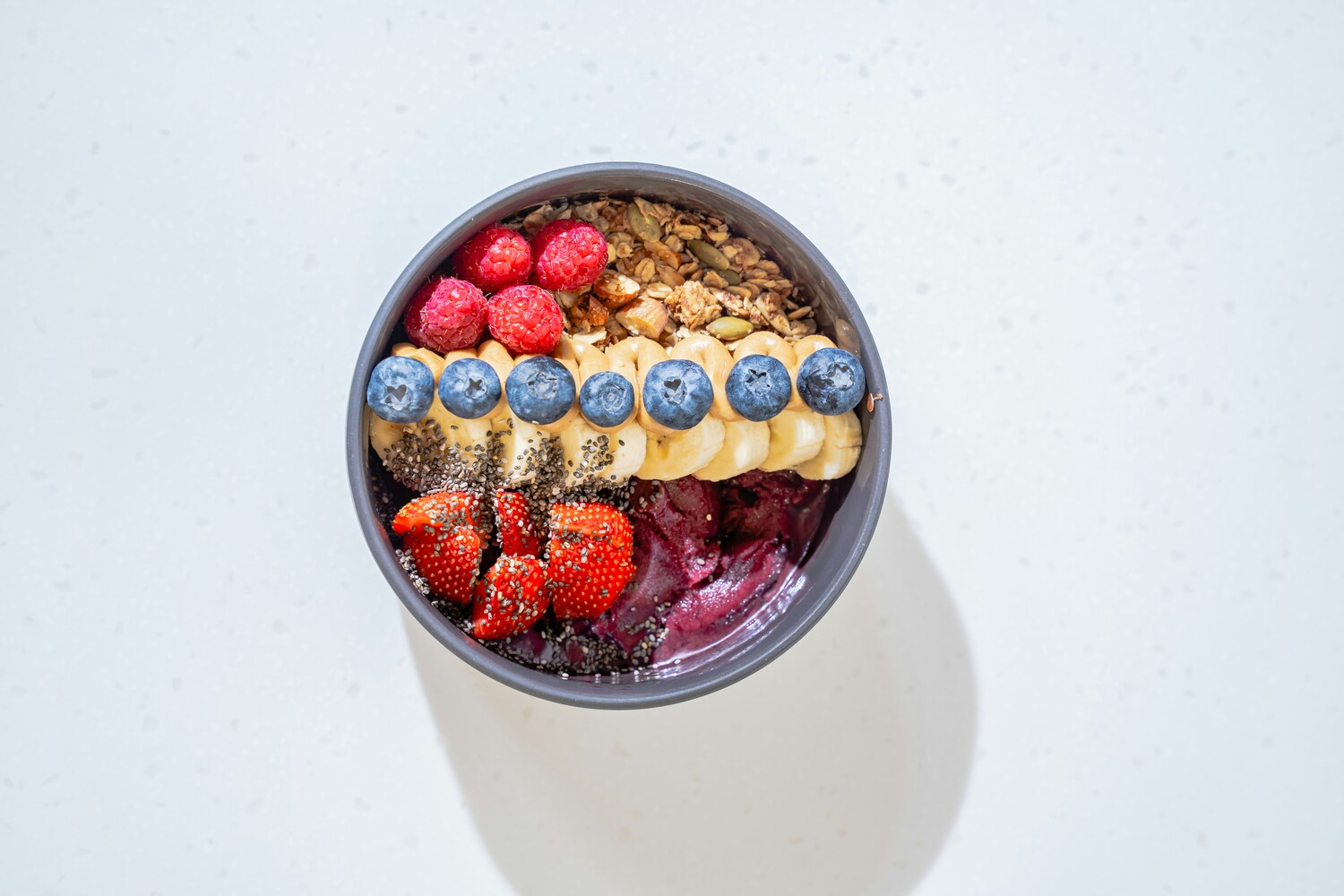

In case your final grocery invoice gave you a similar sticker shock as a high-end vogue receipt, you’re not alone. What was once a routine chore has turn into a battlefield of outrageous costs, hidden markups, and indulgent advertising. From “superfood” smoothies that price greater than a lunch entrée to natural choices that virtually double the worth, grocery shops have turn into the brand new playground for quiet overspending. However the strangest half? We hold shopping for them.
It’s not nearly rising inflation or supply chain issues anymore. There’s a psychological recreation at play—one the place comfort, standing, and guilt-driven advertising persuade us to normalize the absurd. We’re not simply filling our carts; we’re shopping for into a life-style. And it’s costing us.
1. The $7 Loaf
Artisan loaves baked in-store with thick crusts and completely dusted flour are undeniably scrumptious, however have they turn into an pointless luxurious? Whereas store-brand bread sits on cabinets for below $2, many people usually toss $6–$8 loaves into the cart with out blinking. Why? As a result of the packaging makes us really feel like we’re feeding our household one thing elevated, even when it’s financially draining.
The psychology of indulgence has rebranded extraordinary meals into an expertise, and entrepreneurs know precisely methods to play it. That crusty sourdough isn’t simply bread; it’s “healthful,” “handcrafted,” and “small-batch.” Which sounds pretty…till it wrecks your funds week after week.
2. Buttered Up: The Rise of Designer Dairy
When you’ve observed your butter instantly prices as a lot as a bottle of wine, you’re not imagining issues. Gourmand butter made with grass-fed cream, imported sea salts, or wrapped in gold foil has turn into the brand new fridge flex. And whereas they’re decadent, the worth tags (typically pushing $8 or extra) elevate the query: are we actually tasting that a lot of a distinction?
What’s extra doubtless is that we’ve been satisfied that something much less is low high quality or “unhealthy.” The reality? Most individuals wouldn’t style the distinction in a blind take a look at, however the branding tells a distinct story.
3. Bottled Standing: When Water Is a Flex
Stroll down the beverage aisle, and also you’ll see water dressed up like couture. From Icelandic glacier water to pH-balanced alkaline manufacturers, these glossy bottles promise hydration and standing for $4 to $6 a pop. It’s water. However we hold paying for the packaging, the “purity,” and the silent message that our well being is definitely worth the premium.
Besides, we overlook we already pay for clear faucet water at residence. The bottled model isn’t about want. It’s about picture, and that picture provides up quick.
4. Yogurt or Dessert?
Yogurt was as soon as a humble breakfast or snack. Now? It’s a $2.50 indulgence full of toppings, luxurious mix-ins, and fancy glass jars. Greek, Icelandic, triple-strained, high-protein—the choices are limitless, and the associated fee is creeping greater every year. We rationalize it as “wholesome,” however these individually packaged objects typically have added sugar and worth tags similar to quick meals meals.
What’s wild is that you may make per week’s value of your individual yogurt bowls from a single tub of plain yogurt and a few contemporary fruit for half the associated fee. However once more, the comfort and the phantasm of well being win.
5. Frozen Meals That Value Extra Than Takeout
Bear in mind when frozen meals have been a budget backup plan? That’s lengthy gone. At this time’s freezer part is stacked with connoisseur, “clean-label,” or protein-packed choices that boast glossy designs and buzzy ingredient lists. These meals can price as much as $9 every. For that worth, you may seize a contemporary burrito or sandwich down the road. We’re not simply paying for meals anymore. We’re paying for the branding of being busy, health-conscious, and above common.

6. Overpaying for “Superfoods” With Tremendous Tiny Parts
Açai bowls, chia puddings, spirulina smoothies—these fashionable objects are much less about vitamin and extra about aesthetics. However when these tiny cups price $6 to $8, it’s now not about well being. It’s about hype. The parts are sometimes laughably small, however the visible attraction and influencer-driven buzz make it really feel “value it.” Even when it’s principally frozen fruit.
7. Pre-Lower Produce: The Final Lazy Tax
You’re not simply shopping for pre-chopped onions. You’re paying a 300% premium for somebody to cube them for you. Sure, comfort issues. However pre-cut fruits and veggies are probably the most marked-up objects within the retailer. That $5 container of pineapple? It’s the equal of 1 complete fruit you may’ve prepped at residence for $1.50. We justify the associated fee within the title of effort and time, however these purchases can quietly drain your grocery funds with out you noticing.
8. Plant-Based mostly Merchandise With Meaty Value Tags
Whether or not you’re a vegetarian or simply making an attempt to eat much less meat, you’ve in all probability observed that plant-based alternate options have taken over grocery aisles and will not be low-cost. Meatless burgers, faux-chicken tenders, and dairy-free cheeses are sometimes costlier than the animal-based variations they purpose to exchange. Regardless of the upper price, customers hold shopping for as a result of the merchandise align with values: sustainability, ethics, and well being. However simply because it’s plant-based doesn’t imply it’s priced fairly.
9. Specialty Diets, Specialty Costs
When you observe a keto, paleo, or gluten-free weight loss program, your grocery invoice doubtless displays that dedication. Specialty snacks and pantry objects marketed for these diets come at a severe premium, even when the ingredient distinction is minimal.
In lots of instances, firms are charging you for the label, not the precise meals high quality. And so they know we’ll pay as a result of dietary id sells. However the entice is assuming that costlier equals more practical.
10. “Pure” and “Natural” Labels With Questionable Worth
Many patrons attain for natural or pure objects, pondering they’re safer or more healthy. And whereas there are official advantages to some natural produce, the time period “pure” is essentially unregulated and sometimes meaningless. But these labels tack on $2 to $3 extra per merchandise, and we take up it unquestioningly.
We’re not unsuitable to need higher high quality meals. Nevertheless it’s value investigating what we’re truly paying for and whether or not it’s supported by science or simply sensible advertising.
11. The Snack Spiral: Premium Munchies Disguised as Wholesome
Gone are the times of 99-cent chips. Now we’re taking a look at $5 protein puffs, kale crisps, or air-dried fruit strips that declare to be guilt-free. However guilt-free doesn’t imply budget-friendly. These area of interest snacks provide comfort and branding that implies they’re a part of a more healthy life-style. However they’re nonetheless snacks—ones that price 5x what they need to.
Why We Preserve Shopping for Anyway
So why can we hold throwing these things into our carts week after week? As a result of we’ve been conditioned to affiliate greater costs with higher well being, extra self-control, and upward mobility. Grocery advertising doesn’t simply goal your urge for food. It targets your id. And till we problem these messages, we’ll hold justifying purchases that slowly sabotage our monetary targets.
The reality is, you may eat properly with out overspending. Nevertheless it requires consciousness, planning, and the willingness to cease performing well being and begin truly managing your cash.
What’s one grocery merchandise you understand you overspend on however can’t appear to surrender? Would you attempt changing it this month to see in case your funds improves?
Learn Extra:
9 Strategies to Save on Groceries
8 Peer-Pressure Splurges Making You Broke While Your Friends Barely Notice
Riley is an Arizona native with over 9 years of writing expertise. From private finance to journey to digital advertising to popular culture, she’s written about all the pieces below the solar. When she’s not writing, she’s spending her time outdoors, studying, or cuddling along with her two corgis.